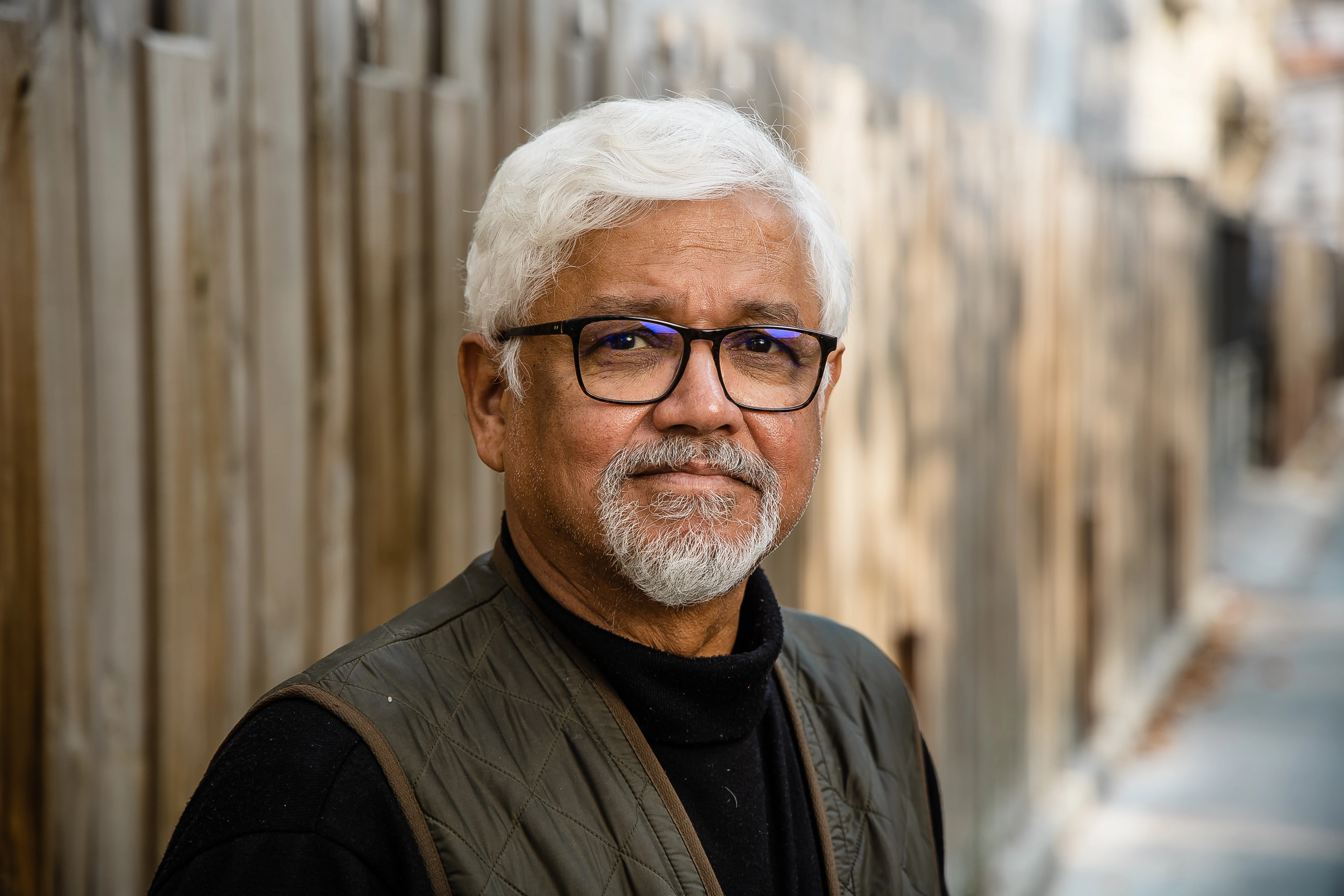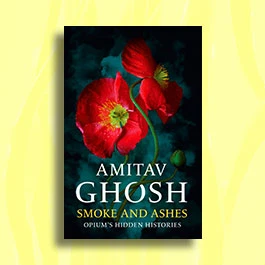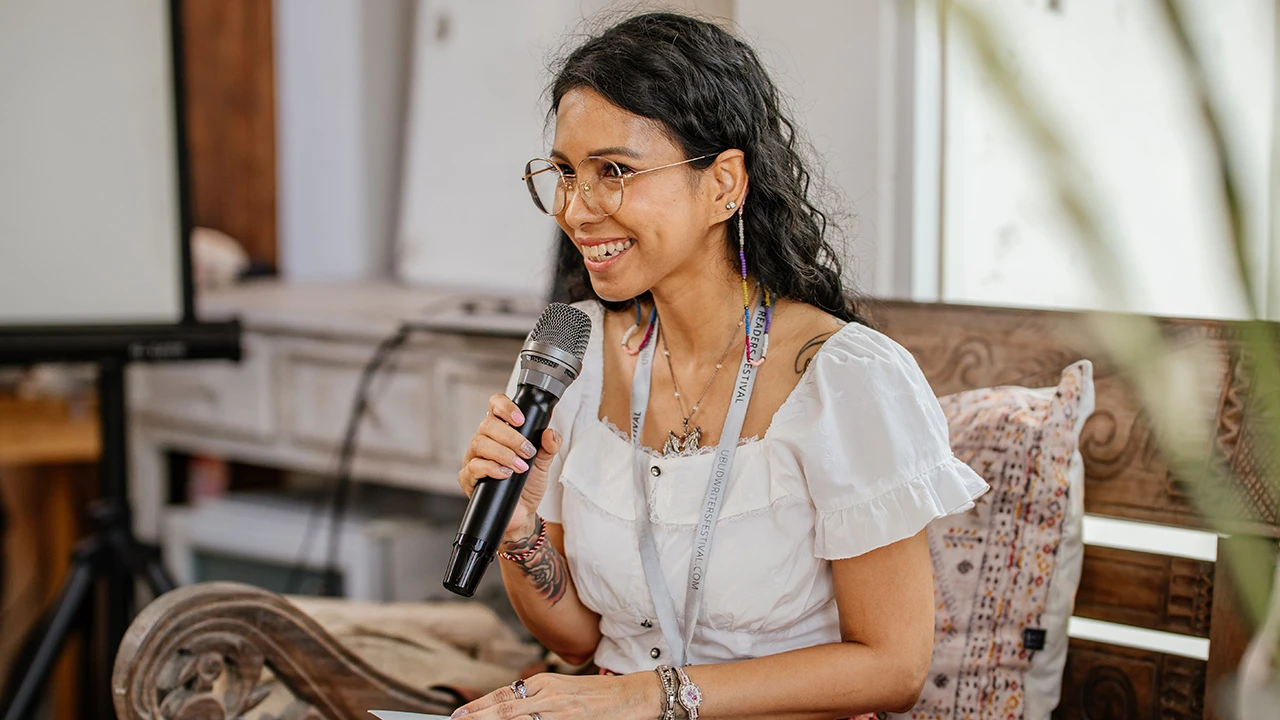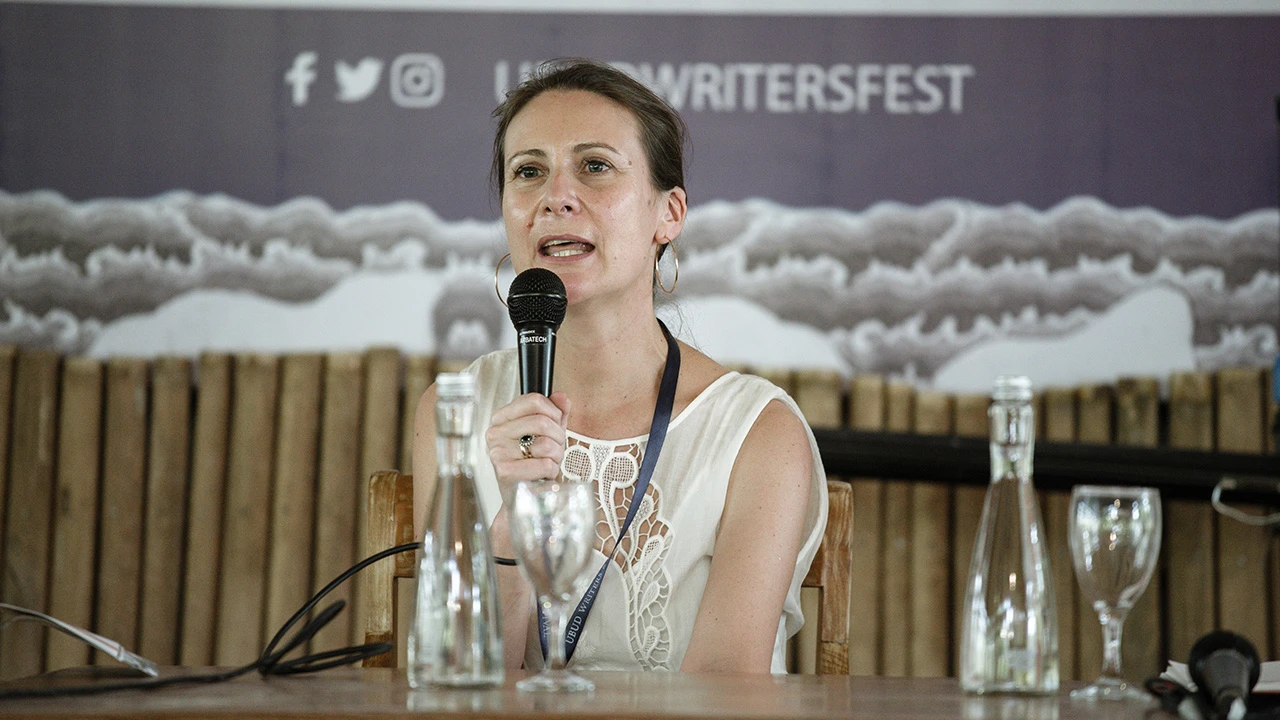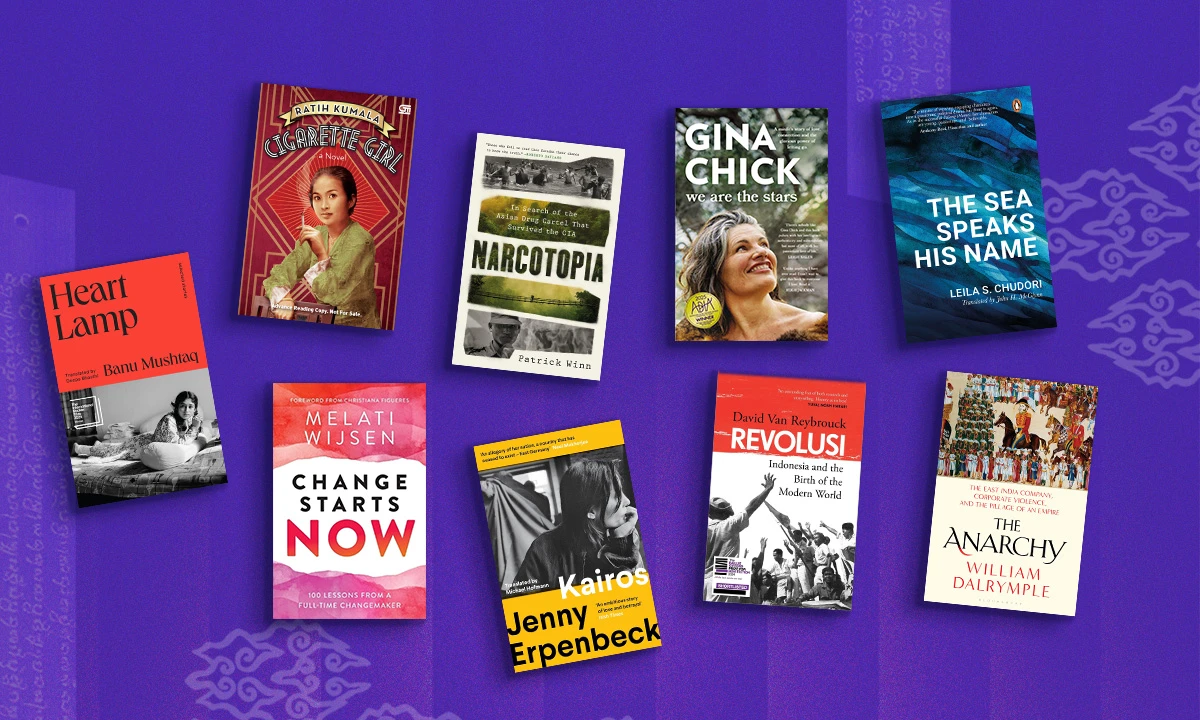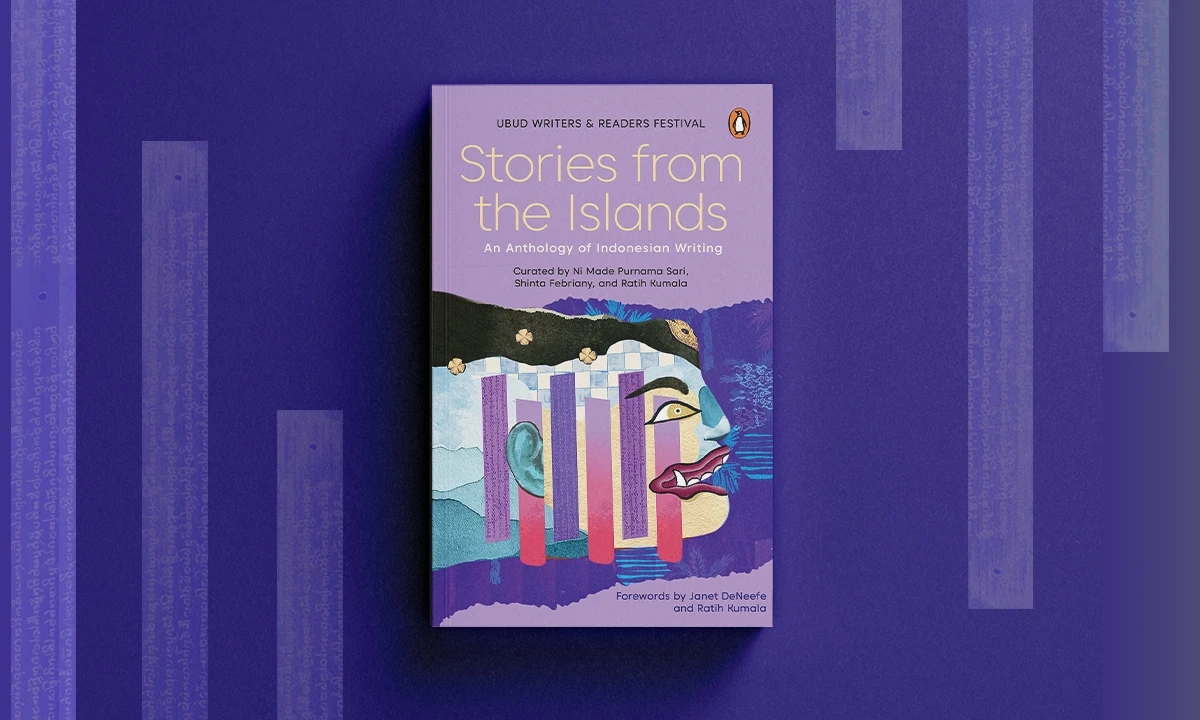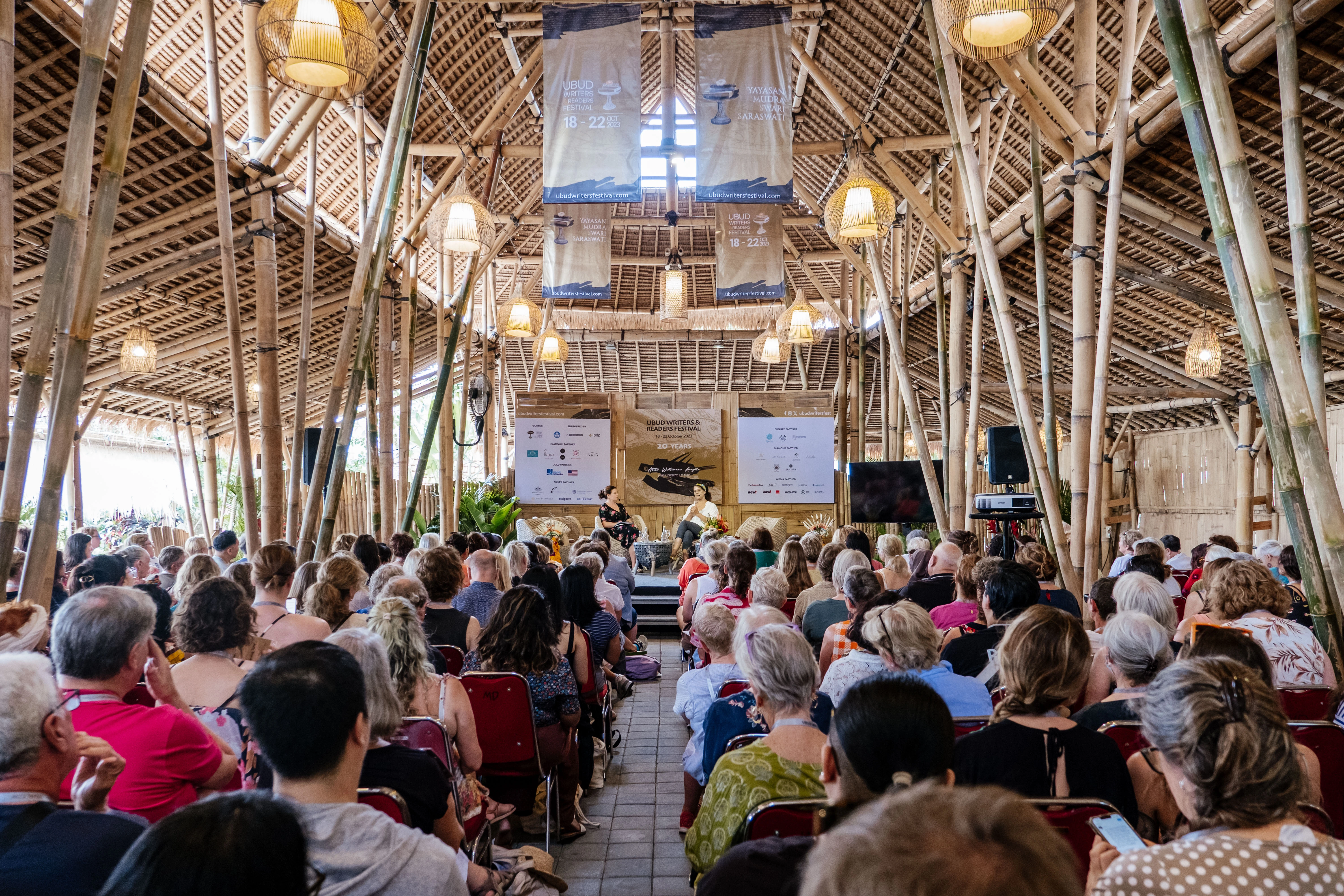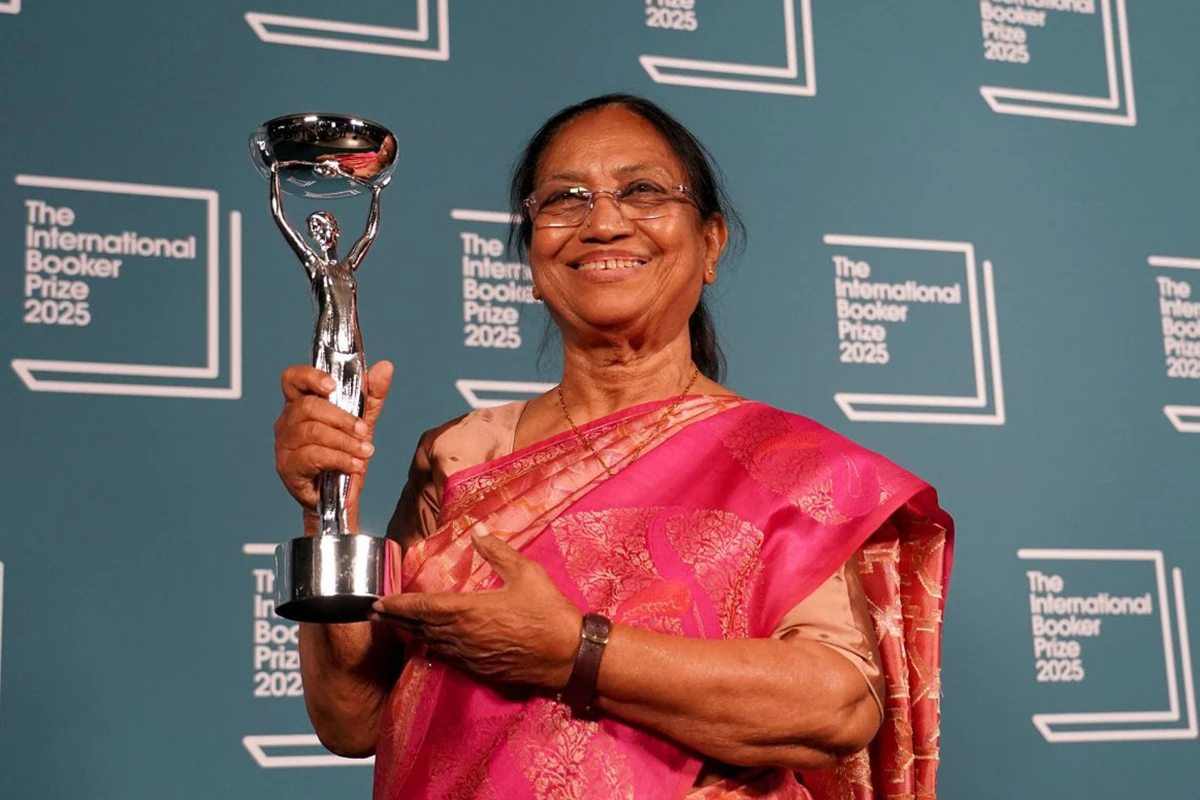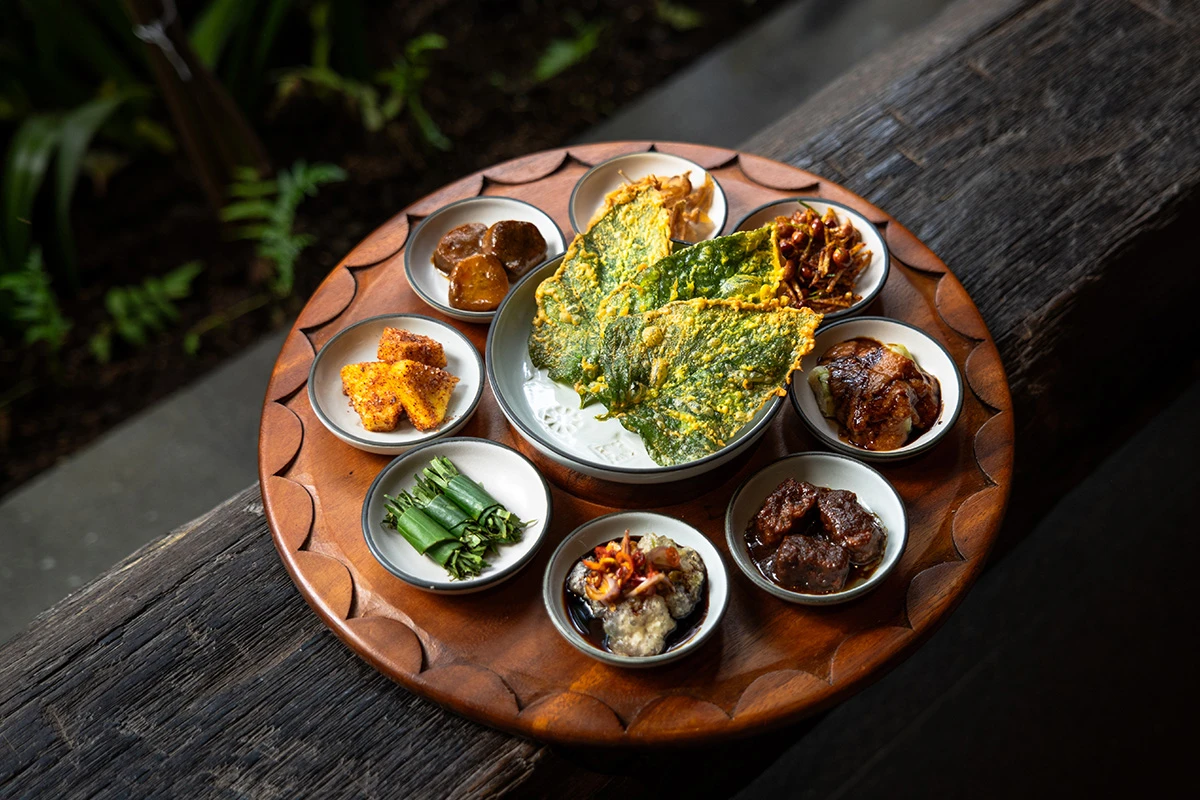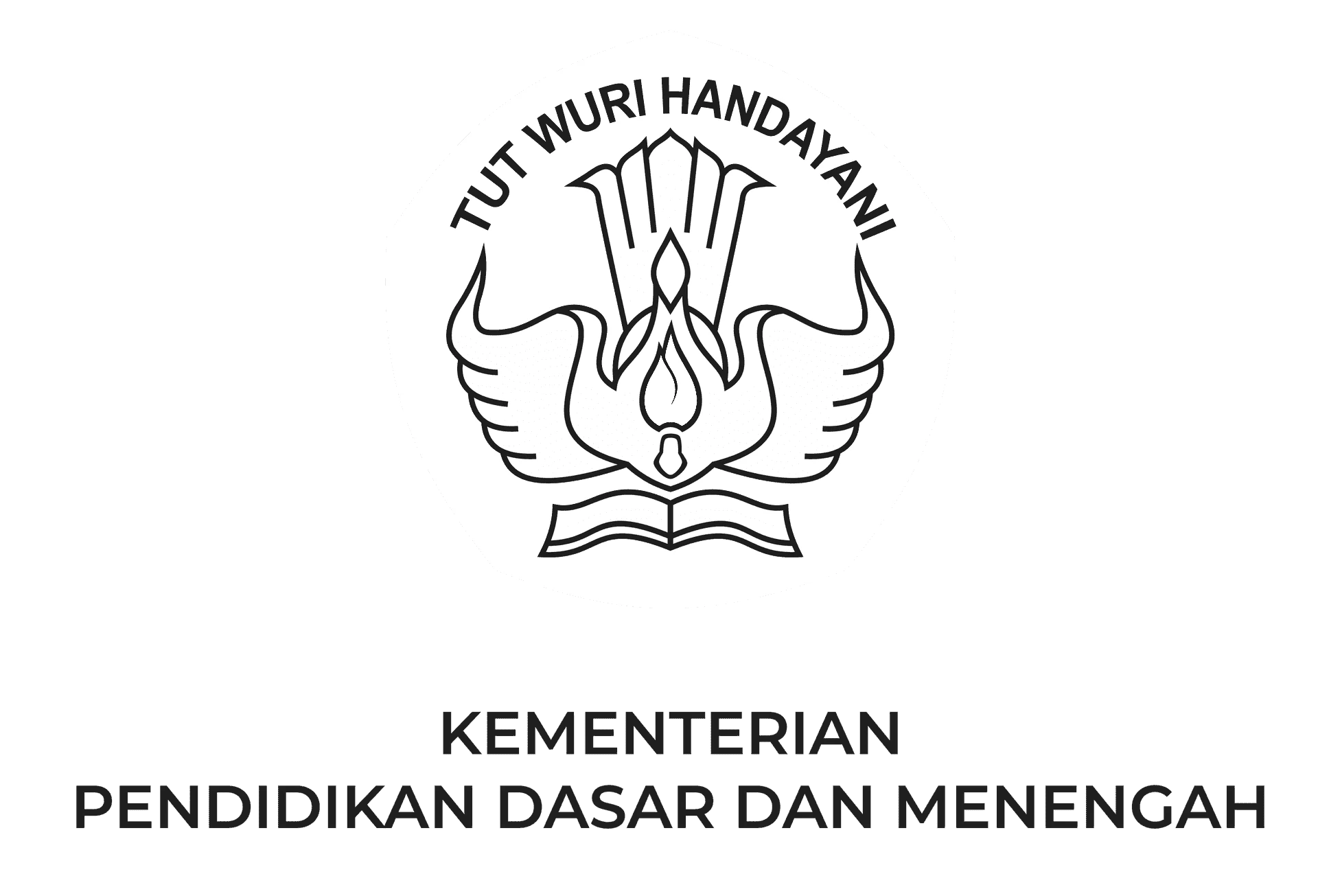In anticipation of Amitav Ghosh's arrival at the Ubud Writers & Readers Festival, we spoke to him about his experiences in Ubud and his return as a festival participant. As one of India’s most renowned writers, Amitav shares what we can expect from his upcoming sessions on his latest release, Smoke and Ashes, and the significance of its colonial themes. He highlights the power of storytelling and its ability to ignite important conversations about the complexities of our world.
What are your thoughts on returning to the Ubud Writers & Readers Festival this year? How does it feel to be back?
To return to Ubud is to step back into a world of profound enchantment. I rarely go to literary festivals - the Ubud festival is one of the few that I've been to several times; it's always a pleasure to be there especially because one gets to meet so many writers, thinkers, and activists from Asia. It is with a sense of both anticipation and homecoming that I return to Ubud this year.
Looking back on your previous appearances at the festival, what stands out as your most cherished memory? Anything that makes the festival special for you?
A memory that lingers particularly is a conversation with Michael Ondaatje, in a restaurant overlooking the Lombok Strait, through which runs the Wallace Line. We spoke of the intricate connections between history, environment, and imagination, of the power of storytelling to shape our understanding of the world. Such encounters, rare and profound, are what make the Ubud festival an unparalleled experience.
Your books, including Smoke and Ashes, often explore themes of colonialism. Why do you believe it’s crucial to address these themes, and what impact do you hope our discussions have, particularly at a festival like this?
Colonialism is not merely a chapter in history; its echoes reverberate in our present. To ignore its legacy is to deny the complexities of our world. By addressing these themes, we begin to unravel the tangled threads that connect past and present. I hope our discussions at the festival will stimulate critical thinking, foster empathy, and inspire action. We must confront the ghosts of colonialism if we are to build a just and sustainable future.
How do you perceive Ubud, both as a city and as a cultural hub? What aspects of it resonate with you?
Ubud is a really magical place with its marvelous temples and rituals. It is a city that whispers ancient wisdom while embracing the future. The island's deep-rooted spiritual traditions, coupled with its vibrant artistic community, create a unique and inspiring atmosphere. The balance between tradition and modernity is a quality I find particularly resonant.

